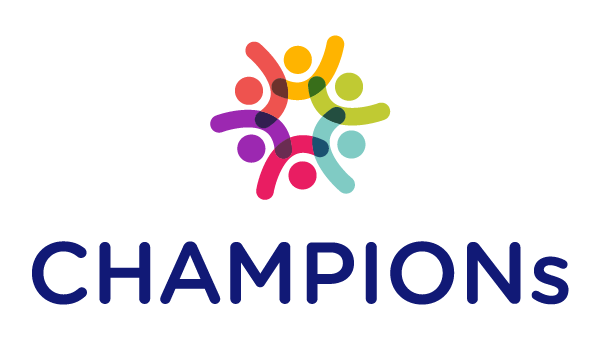 https://www.synyo.com/wp-content/uploads/SYNYO-NEWS-featured-image-NEW01007705EN.png
400
459
leo
https://www.synyo.com/wp-content/uploads/2017/09/synyo-logo.png
leo2025-01-01 10:47:112025-02-10 10:48:51BOND: Outcomes in Advancing Education, Tolerance and Heritage Preservation to combat Antisemitism
https://www.synyo.com/wp-content/uploads/SYNYO-NEWS-featured-image-NEW01007705EN.png
400
459
leo
https://www.synyo.com/wp-content/uploads/2017/09/synyo-logo.png
leo2025-01-01 10:47:112025-02-10 10:48:51BOND: Outcomes in Advancing Education, Tolerance and Heritage Preservation to combat AntisemitismCHAMPIONs

CHAMPIONs: National policy-makers provide input for the implementation of CHAMPIONs roundtables
Policy-makers in Germany, Poland, Romania and Hungary were consulted to provide their input for the successful implementation of the CHAMPIONs roundtables to tackle radicalization and polarization. As a result of the consultation, a list of recommendations has been developed, which will guide the consortium in the implementation of first-line practitioner roundtables.
National roundtables are a core element of the CHAMPIONs project, which aims at tackling radicalization and polarization. In these roundtables, the consortium brings together different local stakeholders, who develop strategies to tackle radicalization and violent extremism. As part of the stakeholder engagement approach, the consortium members organized roundtables and interviews with local politicians, political advisers and civil servants in Germany, Poland, Romania and Hungary for providing their input prior to the roll-out of the CHAMPIONs roundtables.
The engagement of policy-makers at this stage of the project cycle had a dual purpose. First, the consortium members had the opportunity to present the CHAMPIONs project and to boost the dissemination of the project outputs as well as deliverables. Second, the consultations were used to gather inputs from policy-makers for the implementation of the upcoming CHAMPIONs roundtables.
Depending on the national context, different stakeholders were involved in the consultations. In Germany, the roundtable focused on education and included representatives of the local council and education institutions as well as and teachers. In Hungary, members of parliament and local politicians were interviewed. In Romania, members of parliament and local politicians of the governing party and the opposition were interviewed. In Poland, roundtables were held with members of municipalities, police departments and civil society organisations.
The consultations resulted in the following recommendations:
- Engage local communities in the solution of specific local tensions and conflicts instead of providing general theoretical inputs on preventing radicalization and polarization.
- Find local allies and collaborate with civil society organizations on the ground.
- Focus on skill training for first-line practitioners.
- Engage first-line practitioners in the piloting and evaluation of online platforms, because online tools for first-line practitioners should to be tailored to their needs.
- Ensure the sustainability of the project outputs through collaboration with other projects or by designing follow-up projects.
- Guarantee inclusiveness through inviting participants with different professional backgrounds and make sure to include members of marginalized groups.
- Pay attention to political neutrality of community engagement activities.
The consortium will refer to the recommendations when planning roundtables for First-Line Practitioners in the next months of the project. The complete list of recommendations is available on the project website under the following link.
Links
Keywords
Stakeholder engagement, policy-makers, recommendations, roundtables, first-line practitioners, radicalization, polarization




